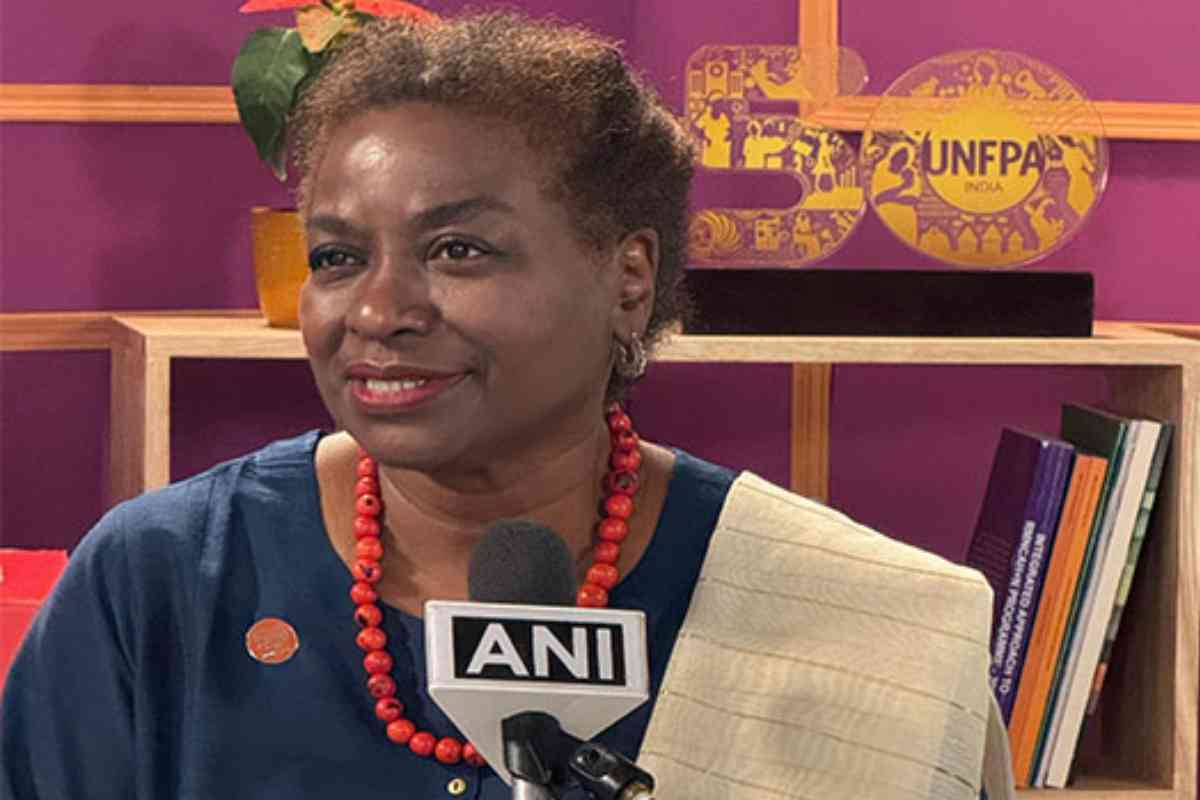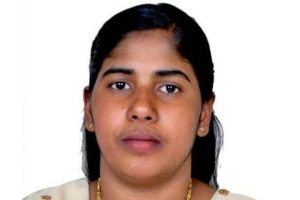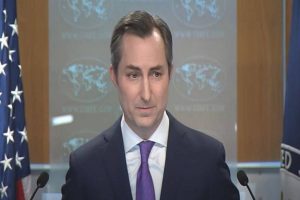India has made remarkable strides in reducing poverty, expanding electrification, and improving access to clean water and sanitation, said Natalia Kanem, Executive Director of the United Nations Population Fund (UNFPA), in an exclusive interview with ANI during her three-day visit to India.
Reflecting on India’s progress, Kanem said, “When I look back at the state of poverty, which has significantly reduced, the advancements in electrification, and the aspirations for clean water and sanitary facilities for all, it’s clear that India has made dramatic improvements. For the United Nations, it’s a matter of pride to be a key partner in these achievements.”
Kanem, who has visited India for over 30 years, highlighted the positive changes she has witnessed. “The momentum and acceleration of progress in India are exciting. It’s inspiring to see India as a prime example of positive transformation. When India moves the needle, much changes across communities, particularly in rural areas,” she said.
As UNFPA celebrates 50 years of partnership with India, Kanem acknowledged the hard work of the Indian government, communities, and other stakeholders. “India’s ambition to ensure that everyone develops is truly magnificent. We are proud to have played a part in reducing the maternal mortality rate, positioning India ahead of its Sustainable Development Goals target. No woman should die while giving life, and India is making this a reality by eliminating preventable maternal deaths,” she said.
Kanem also pointed out the significant reduction in child marriages in India, which have dropped by half over the past 50 years. “This shift in culture, where the girl child is being educated, signals a brighter future with empowered women, happier families, and economic prosperity,” she added.
Speaking about India’s global leadership, Kanem remarked, “India is stepping up in terms of South-South partnerships, extending a helping hand in the region and beyond to achieve sustainable development. India is not only an economic powerhouse but also focuses on Sustainable Development Goals, particularly in areas critical to women and girls, which is at the heart of UNFPA’s mandate.”
She praised India’s embrace of the digital revolution, which she believes is transforming lives at the grassroots level. “India’s innovation in digital services is making life easier for women in remote areas. With access to mobile phones, many women can now access vital government services and UNFPA information right at their fingertips,” she said.
Explaining the purpose of her visit, Kanem said, “I am here to celebrate with our dedicated team as we work towards helping India achieve its goal of leaving no one behind. Our efforts in Rajasthan, Odisha, Madhya Pradesh, and elsewhere focus on positive masculinities, data-driven development, and empowering young people to actively contribute to society.”
She expressed optimism about India’s commitment to women-led development, adding, “It’s inspiring to see that India’s government is speaking about women-led development across regions. UNFPA and the United Nations are focused on ensuring that women and girls continue to be at the center of development and that those who might have been forgotten are given the human dignity they deserve.”
Kanem also shared personal reflections from her time in India. “As a physician, I’ve had the privilege of experiencing Ayurveda in Coimbatore, Tamil Nadu. I’ve also enjoyed India’s vibrant culture, from fashion to cuisine, through the lens of women and girls. It’s a joy to be back and to recommit to supporting India’s arc of progress,” she concluded.





